
I'm looking forward to seeing you soon... La mia CAS card, clean and
The phrase "looking forward to seeing you soon" means that you're looking forward to seeing someone in the future. It's a common phrase used in business or during a casual conversation. It is often used to say goodbye. For Example: "Hi William, it was nice meeting you today. I am looking forward to seeing you soon again."
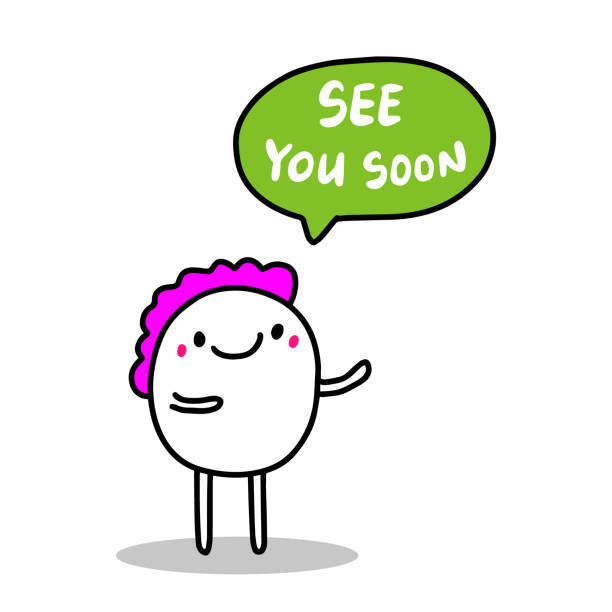
See You Soon Illustrations, RoyaltyFree Vector Graphics & Clip Art
Talk to you soon. Appropriate Use: Suitable for conversations that are ongoing or expected to continue soon, in both formal and informal settings. Example: Let's finalize the details, talk to you soon. 5. Be seeing you. Appropriate Use: Friendly and slightly old-fashioned, suitable for informal professional settings.

Looking Forward in Seeing You Soon. Two Confident Businessmen Shaking
"I look forward to meeting you again" is a great formal synonym you can use here. It shows that you're keen to continue meeting with someone to find out more information. It's a great way to keep in touch without having to specify when you'll see them. I look forward to meeting you again.
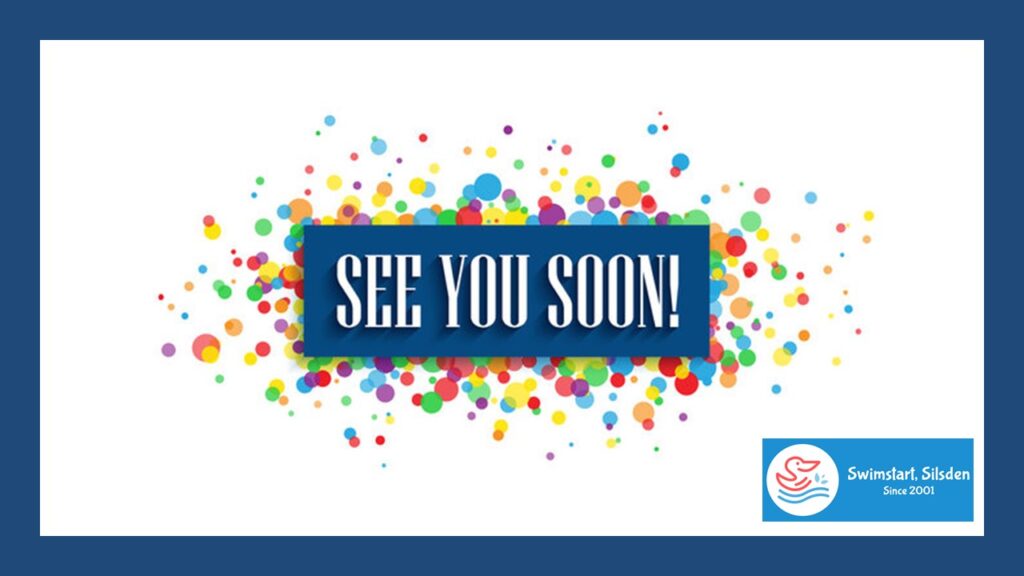
We look forward to seeing you soon! Swimstart
Which is correct? Vocabulary / By Conor "I am looking forward to seeing you" is correct. In this case "to" is a preposition, and you always need to use the ing form (gerund) after a preposition. "I am looking forward to see you" is incorrect. "To look forward to" is a phrasal verb To look forward to something is a multi-word phrasal verb.
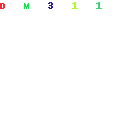
Goodnight Image With Looking Forward To Seeing You Tomorrow Quotes
Here are some other variations you may use: Hoping to see you soon. Hope to see you again soon. You can use "hoping" and "hope" interchangeably. However, "hope" is much more effective formally because it shows anticipation. "Hoping" shows uncertainty instead. Also, you should stick to using "see" rather than "seeing.".

We look forward to seeing you at the table soon! Say hello, Looking
"Looking forward to" is a phrasal-prepositional verb that is made up of three distinct lexemes acting as a unit to create a new meaning. "To be used to," "to get accustomed to," and " to admit to" are also other lengthy phrasal verbs that often confuse non-native users of English.
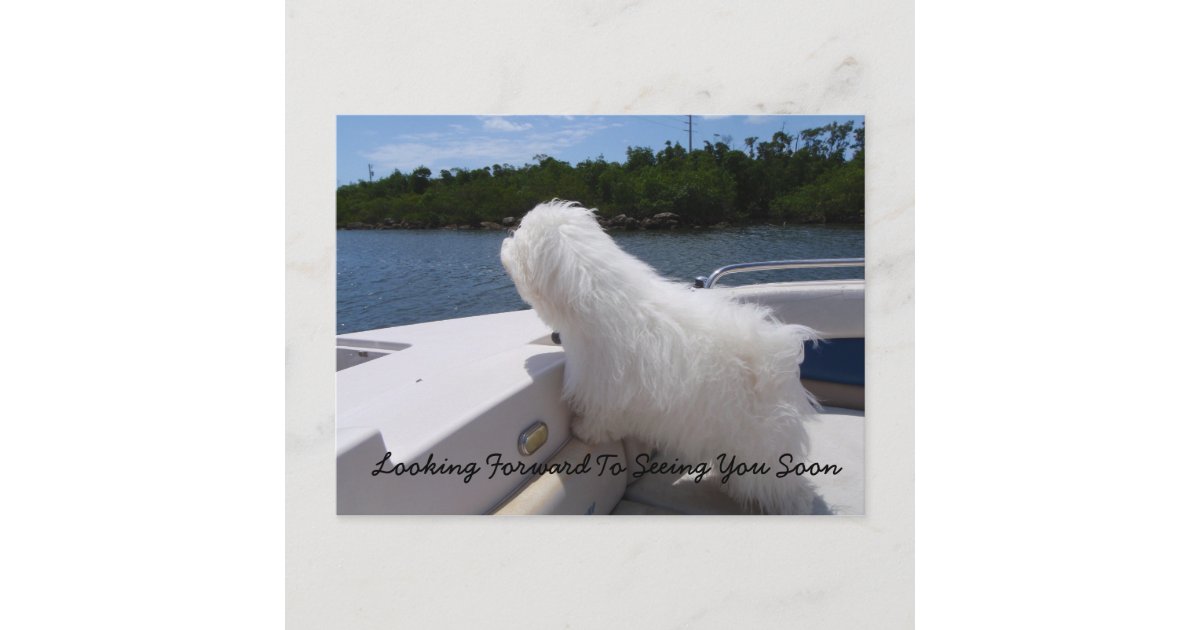
Looking Forward To Seeing You Soon Postcard Zazzle
Best 15 Ways to Say Looking Forward to Seeing You Soon I Await Your Return with Hope Looking forward to meeting you in earnest I'm Excited to Have Your Audience I long to set my eyes on you soonest I will be waiting for you to reach out My Hopes Are High on Seeing You in Near Time I Anticipate Your Presence Quickly I'm Eager to See You Soon

Looking Forward To Seeing You Soon Postcard Zazzle
August 29, 2023 by Clifford Barkley How many times have you found yourself typing out the words, "Looking forward to seeing you," and wondered if there's a more engaging way to express that sentiment? I've been there too, and I'm here to tell you: yes, there are other ways!
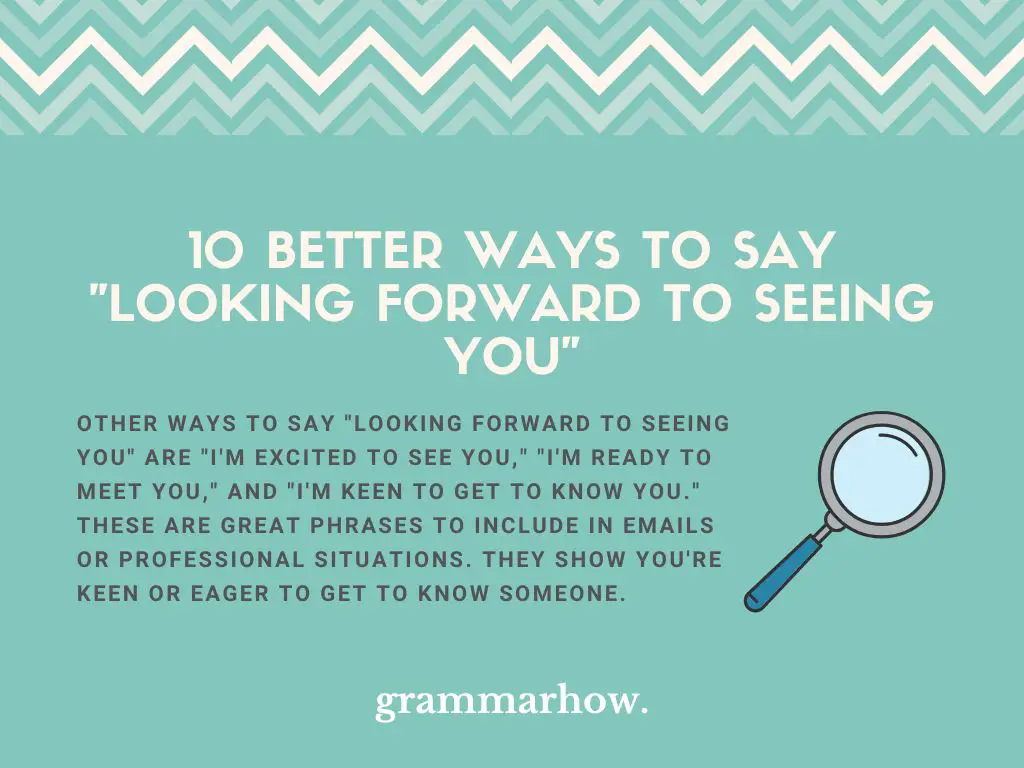
10 Better Ways to Say "Looking Forward to Seeing You"
You could use it when writing a letter or email to a friend or family member who is away, to express that you are eager to meet with them soon. Example: "I am looking forward to seeing you soon! Let me know when you are able to come visit.". exact ( 1 ) Looking forward to seeing you soon! 1. TechCrunch.

50+ See You Soon Messages and Quotes WishesMsg
In English, the gerund is identical to the present progressive, so you get sentences like. I look forward to seeing you. I look forward to meeting you. I'm looking forward to dogsledding this winter. Each of these sentences are acceptable, and use a gerund (verbal noun). You can't use other forms of the verb after the preposition to, you can't say:

LOOKING FORWARD TO SEEING YOU Poster dt Keep CalmoMatic
2 "Talk to you soon". This phrase—or "I hope to hear from you soon"—works well as an alternative to "looking forward to hearing from you" since it's a different way of conveying a similar expectation. The time element ("soon") can also be altered to something more specific. For instance, if you and your correspondent have.
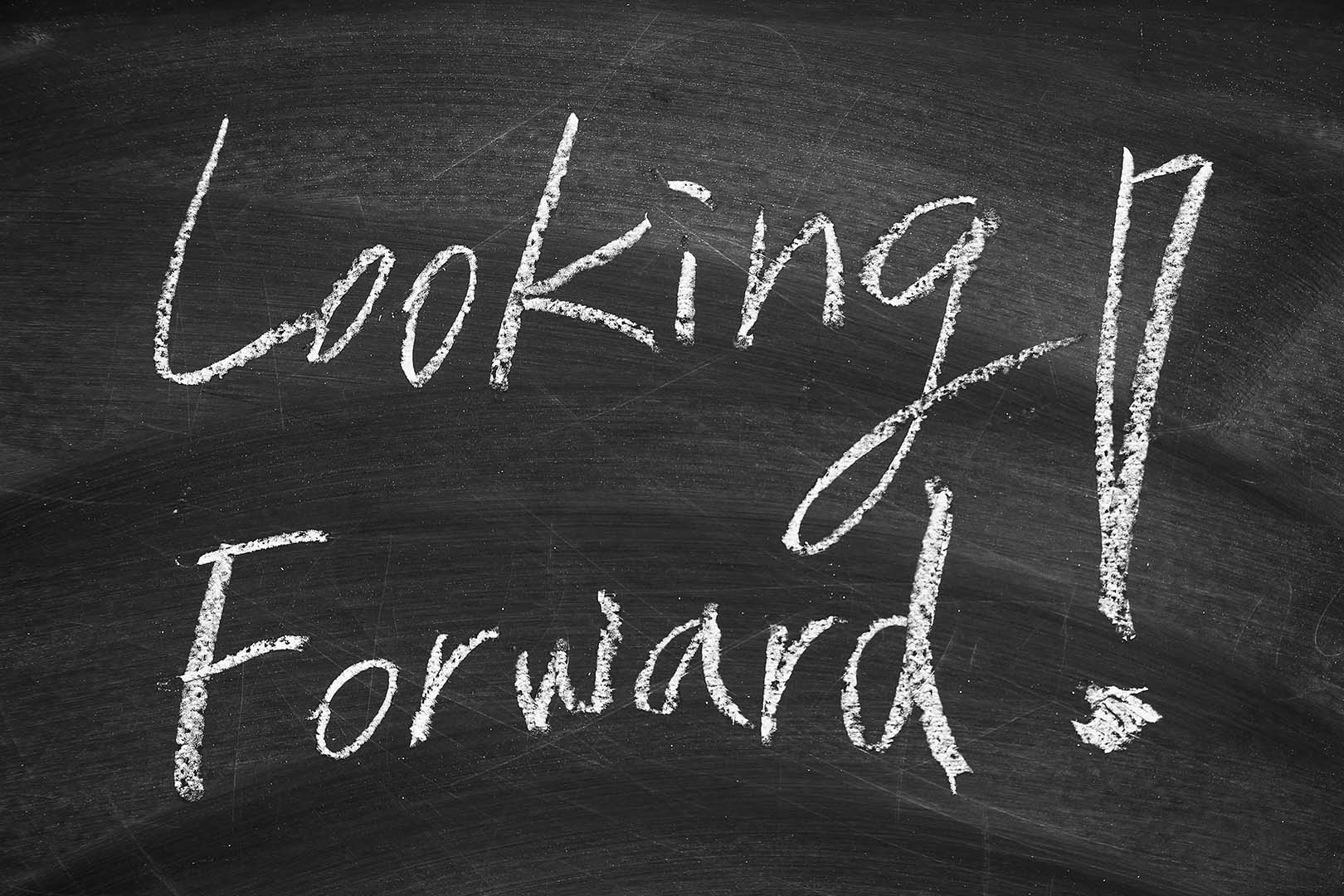
“I’m Looking Forward to See You” or “I Am Looking Forward to Seeing You
"Looking forward to seeing you" is grammatically correct and suitable for professional or informal email communications. Another professional way to say "looking forward to seeing you" is "hope to see you." As an informal alternative, you can use the phrase "can't wait to see you." We aren't finished yet!

See you soon sign group of young multi ethnic people holding banner
"Looking forward to seeing you soon" is a simple phrase, but it carries the weight of your anticipation, excitement, and warmth as you await a future encounter with someone special. This blog post is your guide to infusing your messages with depth and emotion. We present to you 23 creative and heartfelt ways to express your eagerness for an.
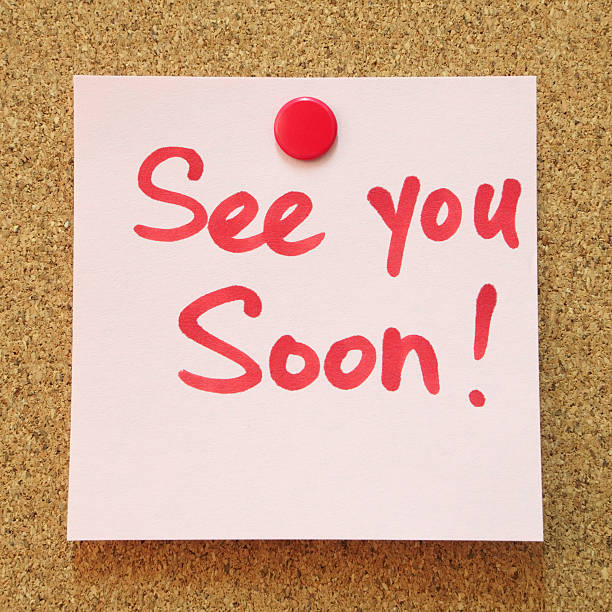
Best See You Soon Stock Photos, Pictures & RoyaltyFree Images iStock
look forward to (doing something) This is a polite expression for saying that you're excited about something that's going to happen. But it doesn't sound very strong. If you really want to sound excited about it, try "I can't wait to ___". "I can't wait to see you." You can also add adverbs like "really" or "so": I'm so looking forward to.

Tip I am looking forward to seeing you! Personality Insights, Inc.
"I look forward to seeing you" might seem simple because it's so popular, but it's also one of the most effective phrases in formal emails. You should use it when closing a formal email. It works well if you've just finished emailing your boss and want to show enthusiasm for the next time you might meet them (i.e., if you've arranged a meeting).

Fab Times We look forward to seeing you again!
"Looking forward to seeing you" shows you are excited to see someone. It works as another way to say "we look forward to seeing you" by removing "we" and changing "look" to the gerund form. This allows you to be more general. You don't have to refer to the people who are "seeing" someone.